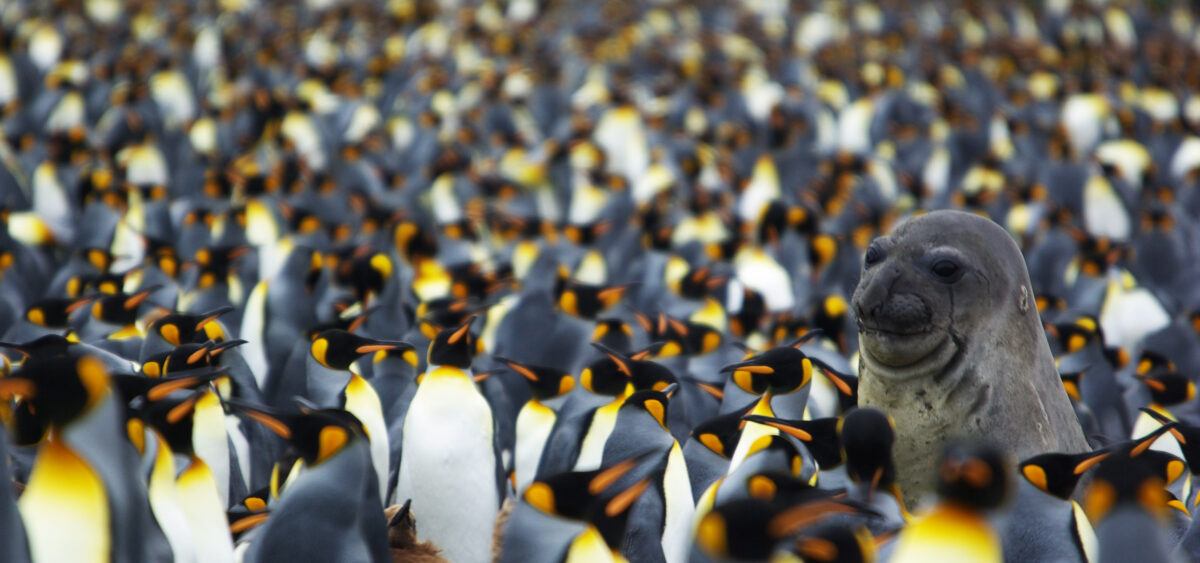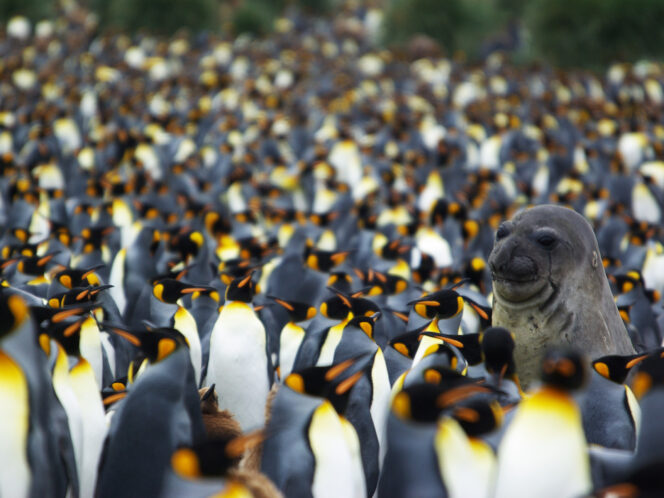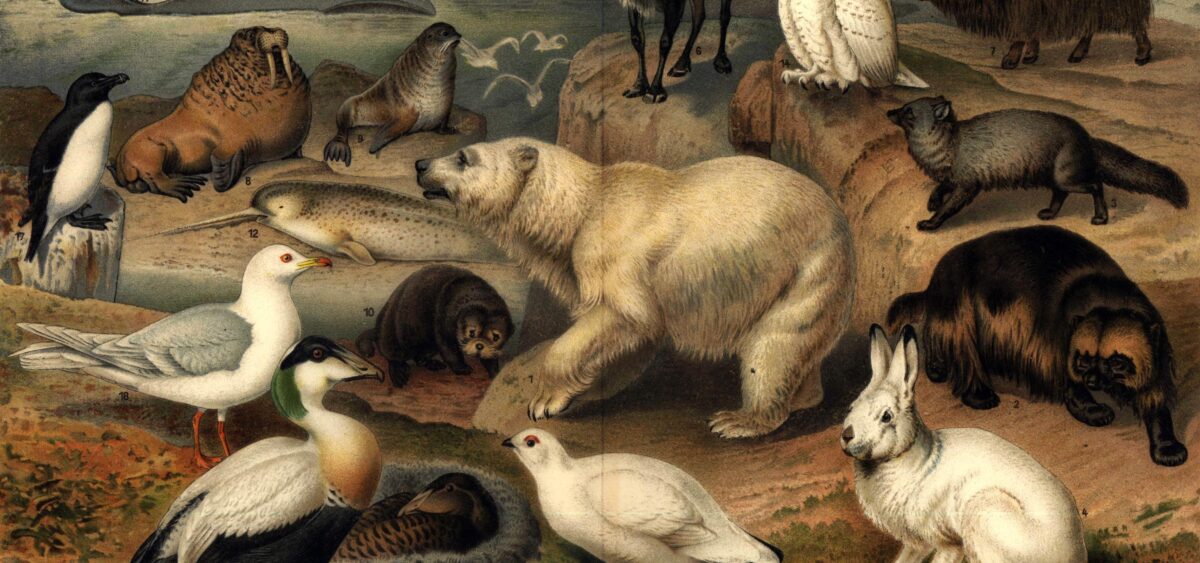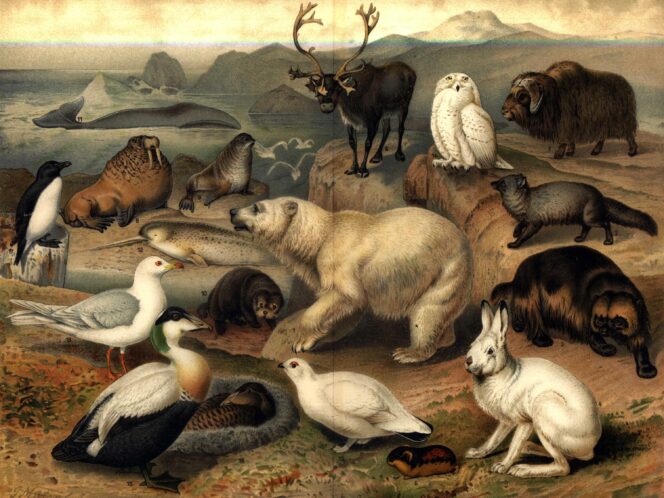
It’s possible that, when you think of paradise, you imagine palm trees, the sound of the sea, and soft white sand. OK, that could be your paradise. Mine is a lot different.
I made it to paradise for the first time seventeen years ago, after a forty-day voyage from Gdynia along with the Twenty-Seventh Polish Antarctic Expedition to the Arctowski Station. I arrived there, and, since that time, I basically still can’t believe my luck. Because it’s one thing to read about penguins that wander around not paying any attention to us and another thing to see that they not only exist but they are indeed wandering around not paying any attention to us. And that nearby is an elephant seal with her newborn pup that looks like a mole weighing thirty-something kilograms covered in black woolly fur with sweet yet clueless gigantic black eyes. During the few days it took to unload, when we had to carry all the equipment and food we brought with us from the ship and pump out the fuel, the mole nearly doubled in size. And three weeks after it was born, it weighed over a hundred kilograms and swapped its black fur for a shiny dark grey velvety version.
Since this was the first elephant seal and the first pup I had seen in my life, I had no idea about how exceptional they were. I knew that female elephant seals usually give birth on collective beaches where a male ruler is in charge, but it wasn’t until ten years later that a scientific publication appeared with the sensational scoop that certain females don’t care a whit about this whole harem nonsense, so they choose their males during their marine travels and later give birth away from the crowds. We had such independent females visit us at Arctowski even before it became trendy.
The Animal Has Priority
Although quite honestly, the term “visit” is not fitting here. There were never any indigenous peoples on Antarctica, which means that we’re the ones doing the visiting, while the other animals are our hosts. They are at home here; this is one of the first rules








